The violent truth
What children say about teenage pregnancy

Between 2016-2019, children in seven countries in sub-Saharan Africa researched the causes and effects of teenage pregnancy in their communities.
Children shared stories of rape on the way to market, abuse by schoolteachers, and large numbers of girls forced into transactional relationships due to extreme poverty and the high cost of schooling.
The children discovered that when girls became pregnant, it was overwhelmingly as a result of sexual abuse by an adult, including school teachers. The children perceived the prevalence of rape, early marriage and forced sex work in their communities to be shockingly high. The child researchers repeatedly suggested that poverty put girls at greater risk of sexual violence, as it forced them into transactional relationships, generally with older adult men.
The young researchers called on their governments and local authorities to uphold the law and bring the perpetrators of rape and sexual abuse to justice. They also asked for economic opportunities to prevent girls from being forced into marriage or sex for money.
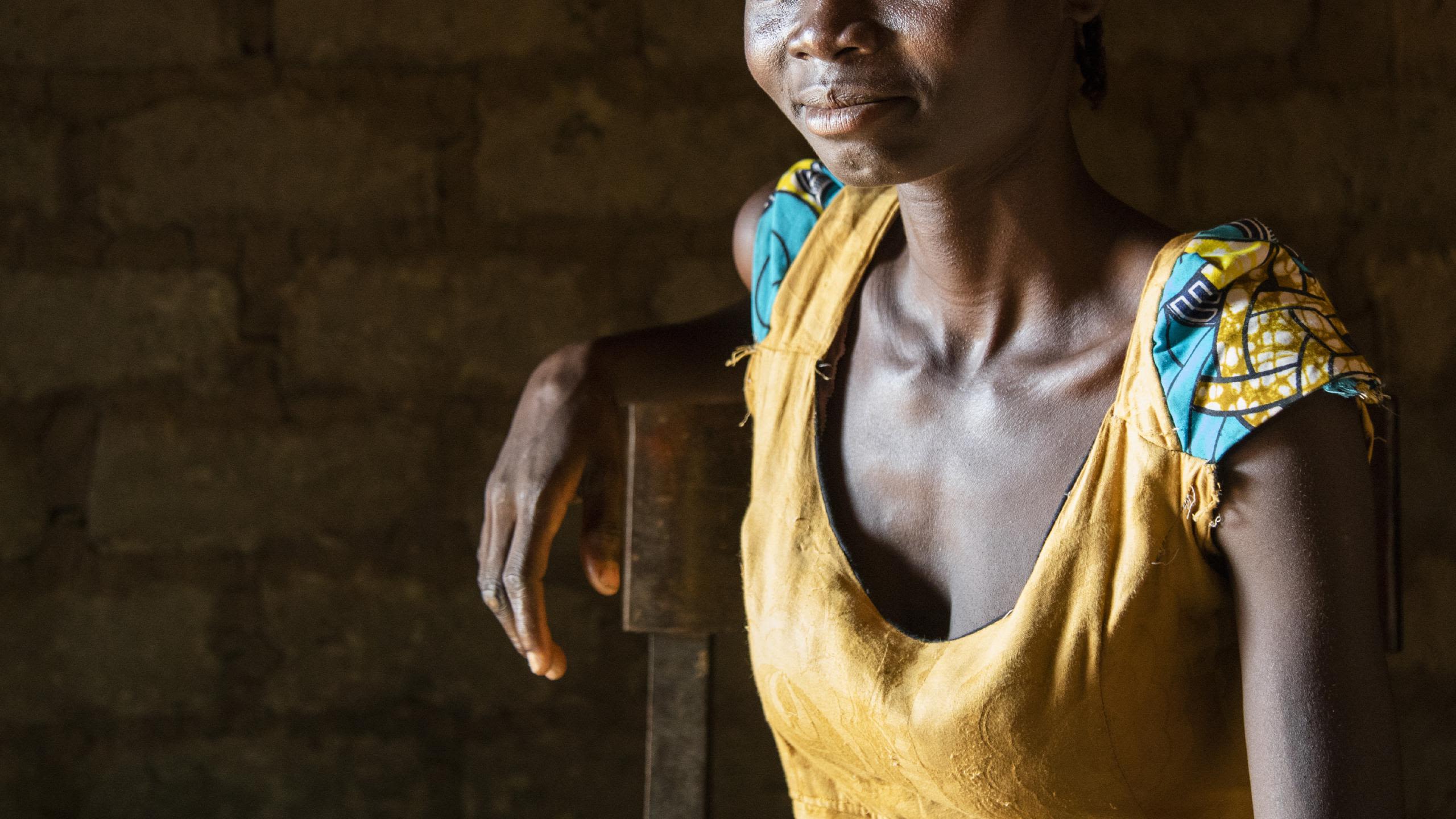
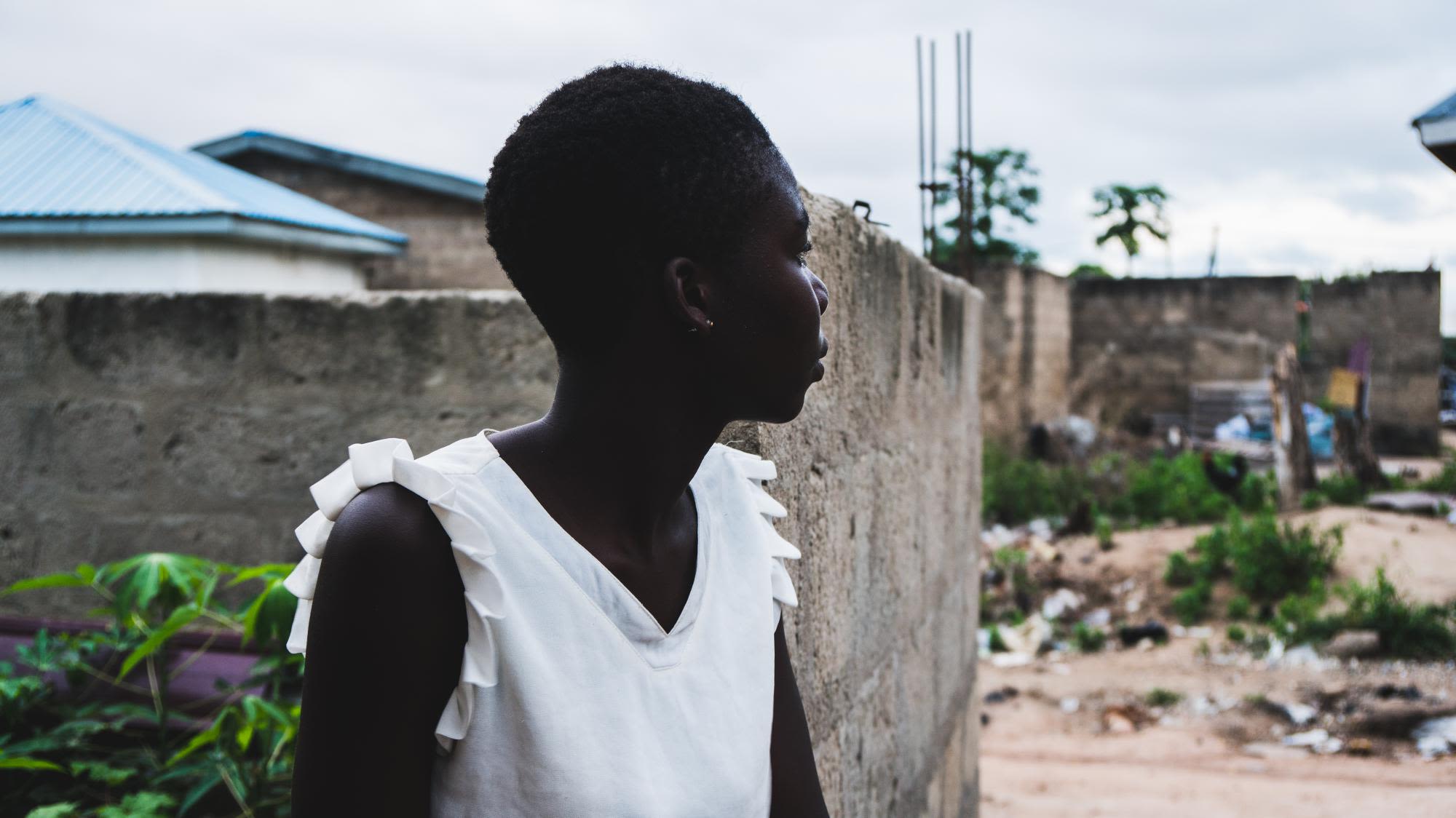
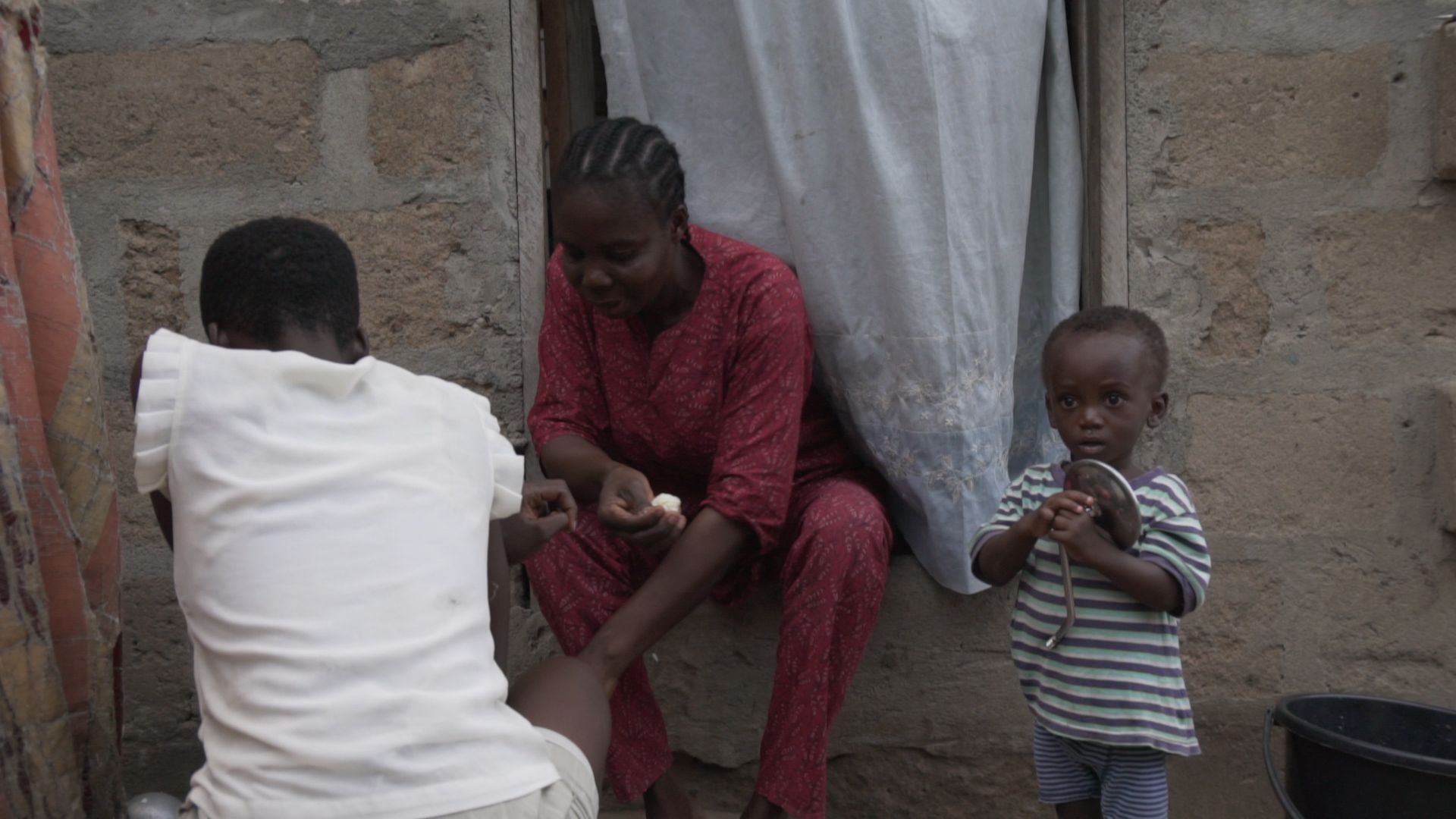
Three years ago, when she was 14, Adjoa started selling things by the roadside to help her mum out at home. There she met a 35-year-old man who offered to take care of her and help her with school supplies. Adjoa ended up pregnant.
People will say all kinds of things about us – about teenage mothers. They’ll say we’re lazy, or not interested in school, or foolish. But we’re not. We’re hardworking, and industrious, and sensible, and just looking for a way to support ourselves.
What happened to me was all about financial problems. I needed money. My school didn’t charge fees, but there were books they would ask you to buy that were compulsory.
My father died in 2011, so my mum had been struggling for a while. It worried me when I asked for money and she said she doesn’t have any.
So I thought, maybe I can also find a way to get the money I need. I met a man through selling snacks on the side of the road. But it wasn’t right.
In Mauritania, children said that pregnancy forced girls to drop out of school and “is caused by parents' negligence; girls aren’t well protected, even in their own families, let alone in public places, schools, and other institutions.” The solution, the children said, was to “improve the situation for the most vulnerable girls and those whose families live in extreme poverty.”
In Senegal the young researchers reported that “poverty, lack of parental education and lack of child protection” are the main causes of girls falling pregnant. The vast majority of girls they spoke to fell pregnant as a result of being abused by adults, including teachers.
In Sierra Leone researchers found “lack of parental care, poverty and limited medical facilities,” has made pregnancy for girls “a common problem in our town...From our discussions with the 18 pregnant girls and one girl who had recently given birth in our town, many of them said their caregivers could not provide for their basic needs, including adequate food to eat, paying school fees, giving them lunch or transport when going to school, learning materials, decent clothes and a place to sleep. ”
In Akotoshie, Ghana, children identified pregnancy and its effect on education as one of the worst forms of violence against children in their community. They discovered that girls were “put at risk of sexual assault or abduction when fetching water or transporting themselves to facilities.” The majority of children thought adults were responsible for their peers falling pregnant.
In the Central African Republic (CAR), the children noted that “those responsible are most often teachers.” They also mentioned other adults such as “posted public officials” and “parents who sleep with their own daughters.” Child researchers observed how poverty increases girls’ risk of becoming young mothers, including cases where they are forced into sex work as a means of survival. The children also emphasised the devastating health impact of underage pregnancy on the mother and child, including infant and maternal mortality.
In Addis Ababa, Ethiopia, children found that the consequences for teenage mothers were harsh. “Their parents abandon them or remove them from their house hence the children will live in the street or with relatives placing them to further harm. They as well as their family experience stigmatization and discrimination.”
In Uganda, researchers declared that “girls at school were most at risk as they can be convinced by the men on their way to school.” Rape, defilement (sex with a minor), poverty and family neglect were cited as common causes of early pregnancy. “Some of the children are being neglected by their parents and some parents are poor so they can’t provide necessities to their children, hence this makes them look out for men who can provide and in return they need something.”
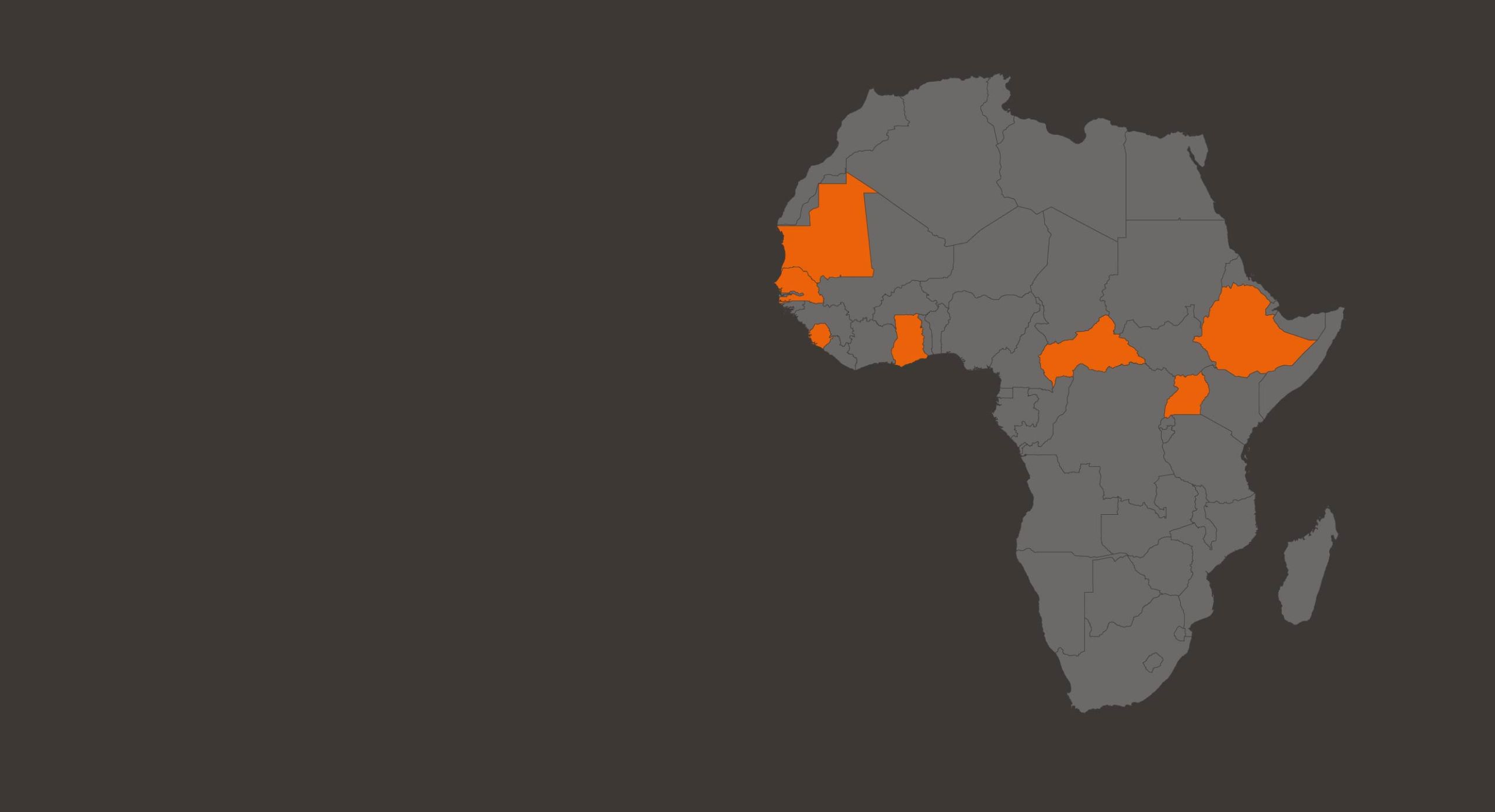
Forced and abused
Despite the seemingly random selection of communities in the seven studies, and disparate histories of the individual countries and regions, common themes emerged across sub-Saharan Africa. Girls overwhelmingly told young researchers stories of rape, abuse, and being forced into transactional relationships due to poverty. Young mothers spoke of rejection by their families and an end to their educations.

There is a growing body of research from sub-Saharan Africa that suggests the first sexual experience of many girls is often unwanted and forced and this was reflected in the conversations the young researchers had in their communities.
“I used to live with my uncle and he is the one who takes care of me. So when I reached adolescent age, my uncle started sleeping with me. I decided to go and report my uncle. But my uncle told me that if I go and report, he will kill me. So I didn’t go and report and that is how I got pregnant.”
In many of the child-led reports, child researchers talked about long distances between health centres, wells and schools as causes of teen pregnancy. The lengthy journey times, sometimes along less travelled paths and roads, leave girls vulnerable to attacks along their route.
Mulu, now 17, was just six-years-old when her father died and her mum gave her to another family as she struggled to support her children. As Mulu grew up, her adoptive family refused to send her to school. At the age of 11, she fled and met a broker who offered to find her a job as a housemaid.
Unfortunately, the situation was not as she expected. Her new employer was a man in his 40s, and he harassed Mulu and raped her repeatedly. “I begged him not to do this to me, but he refused and threatened me not to tell anyone. After some months I started to feel strange and told a woman living next to us. She suspected that I might be pregnant. I was so frightened; I did not know what to do. The next day I told him . He kicked me out of the house and changed his address.”
Mulu faced many challenges beyond her age. “I tried many ways to abort the child, but it did not happen. I slept on the street for more than five months eating food from garbage. Finally, I went to my mother and told her what had happened, but she did not accept me. One of her friends heard my story and has allowed me to live with her.”
Mulu gave birth to her child and started working as a day labourer in order to support her child. “I feel like my own future is ruined but I live for my child. If God wills it, I will continue my education after my daughter starts school. I do not want her to repeat my life.”
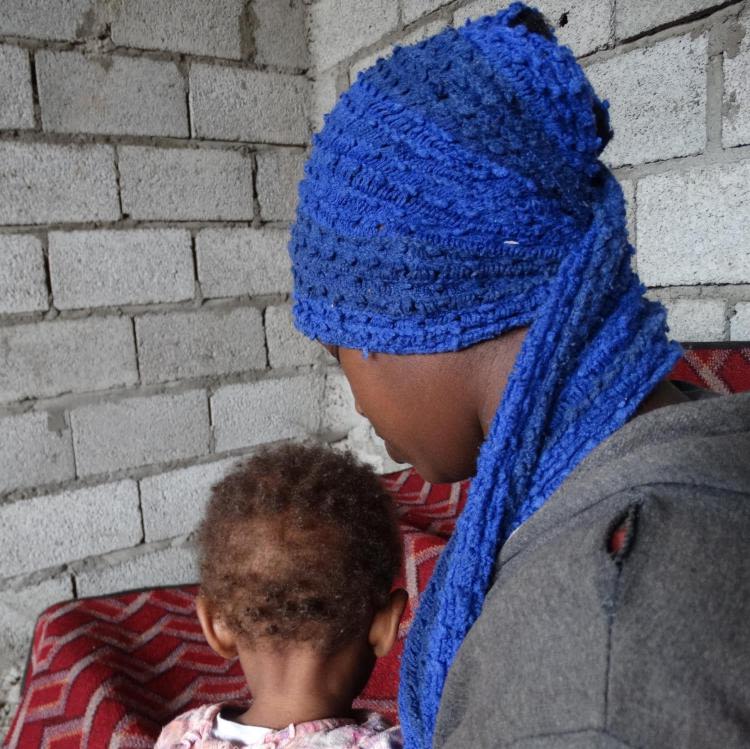
Sex for survival

Overwhelmingly, the child researchers found poverty as the most significant cause of sexual abuse and pregnancy. Sex for money – either with boys their own age or more often, with adults in the community – was frequently seen as the only option for many girls in the communities surveyed.
“I lived with my mother who could not afford to pay my fees and so my friends advised me to have sex with boys so that they can help me in my schooling, but it ended me getting pregnant.”
The children across the seven countries are well aware of the massive injustice experienced by those who must take great risks just to survive. The young researchers noted that migration to cities in search of work and homelessness has prompted some girls their age to enter the sex trade.
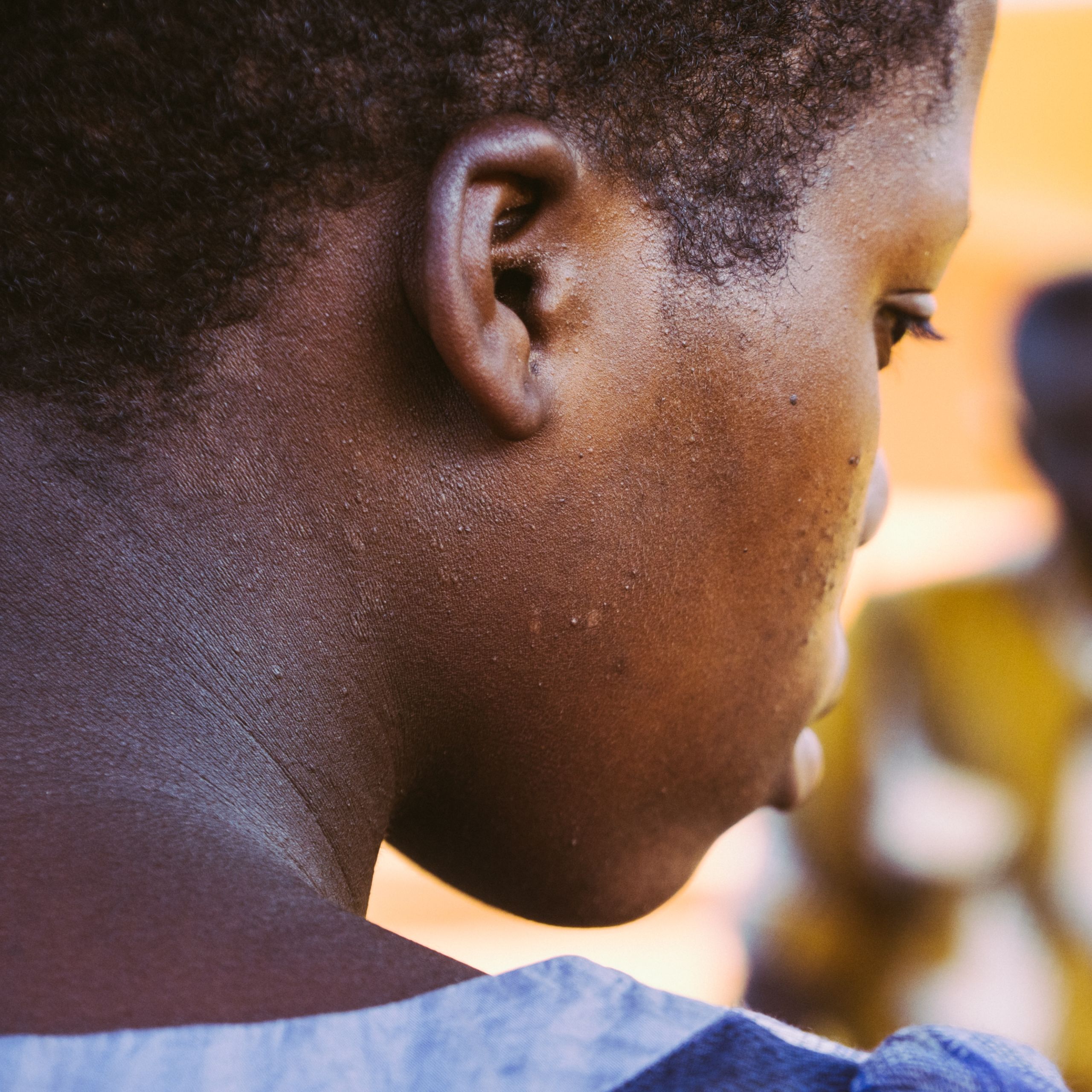
"The cause of teenage pregnancy in Uganda is poverty. You end up like this when you have some needs, and your parents don’t have money. If you ask for lunch, he or she just tells you, 'I don’t have money.' And so they suggest that you struggle for yourself, and you look for money. And you get it, but it makes these problems, like getting pregnant when you are still young."
Zion, 16, is eight months pregnant. She lives near Ngogwe in Uganda. Read her story here.
Isolated and an end to education
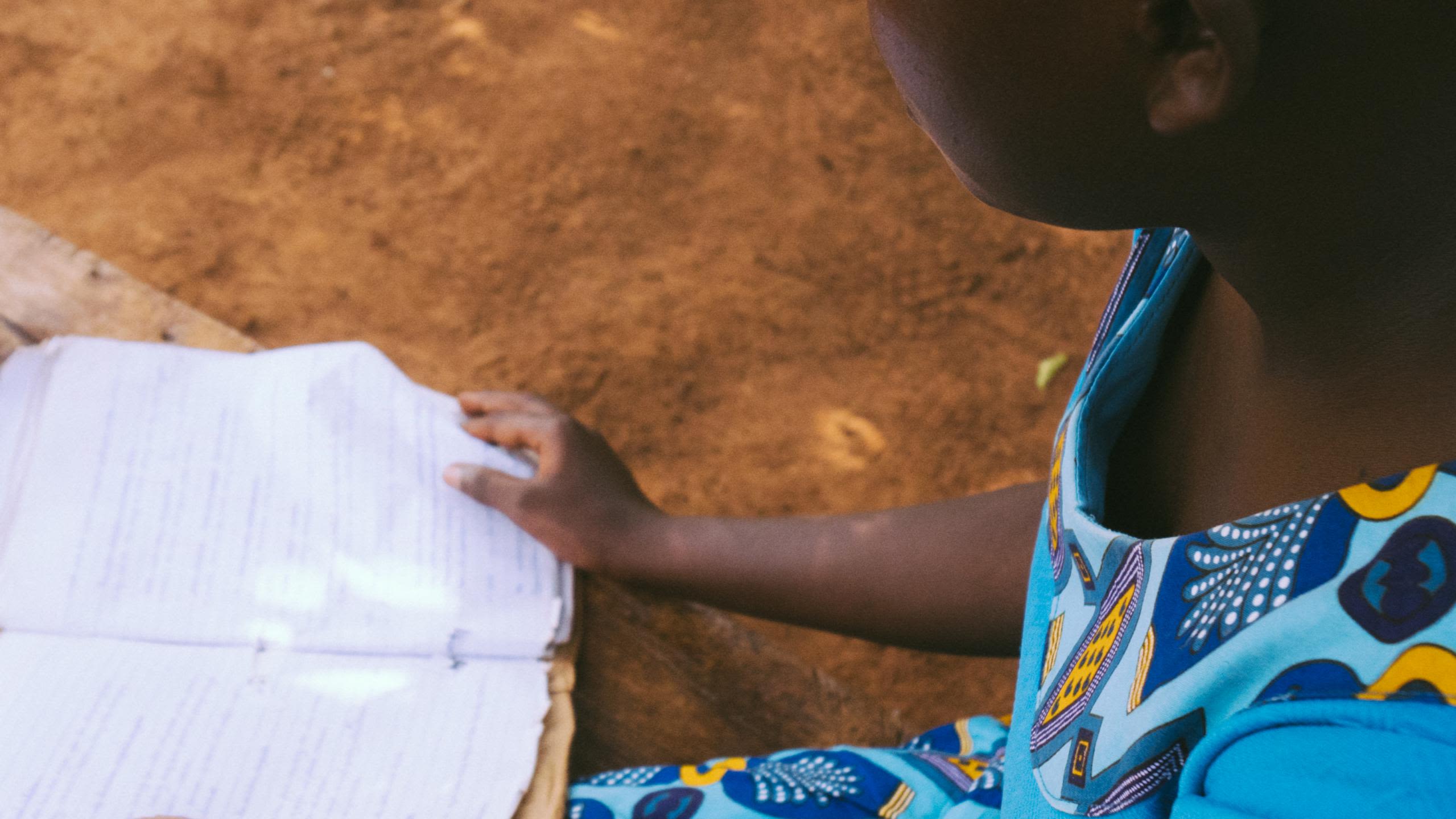
Almost all of the child-led research projects noted school drop out as a direct result of pregnancy.
“Sometimes girls are shamed and mocked by others at school when signs of early pregnancy start to appear.”
In many countries, children also spoke of rejection from their families as a result of their pregnancies. “In the beginning of our pregnancy, our family and the neighbouring community did not receive the news very well. We were shunned. I even left the area where I used to live and stayed with relatives for a while to avoid the stigma.” Girl, 17, Ethiopia.
The rejection by those who should be supporting the girls has wider repercussions, often causing girls to drop out of school to avoid bullying. In Uganda, the majority of the girls spoken to who have become pregnant were kicked out of their homes and forced to seek support from extended family members. As their parents refuse to continue paying school fees, their educations have now also come to an abrupt end.
In many African countries, old laws ban pregnant girls from attending school, and even where laws have been changed, implementation has been slow.
“In the village, there is one parent who came to my school. She told my headmistress that I’m pregnant. Headmistress told me, ‘you go back home. You will not come and do not learn.’"
World Vision has been working with Joan’s teacher to ensure she is still allowed to sit her exams, and return to school after the birth of her baby. However, she said, “If a school allows me to go and study when I’m pregnant I will go and study.”
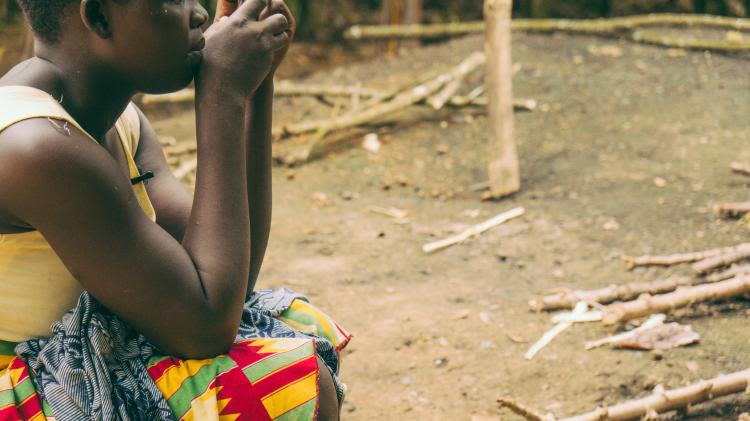
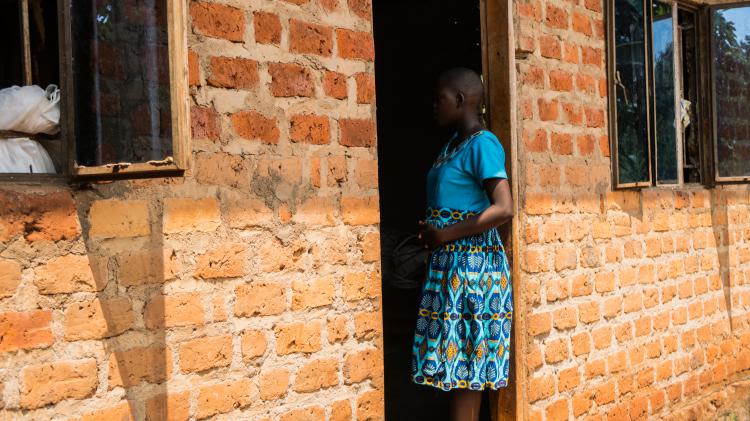
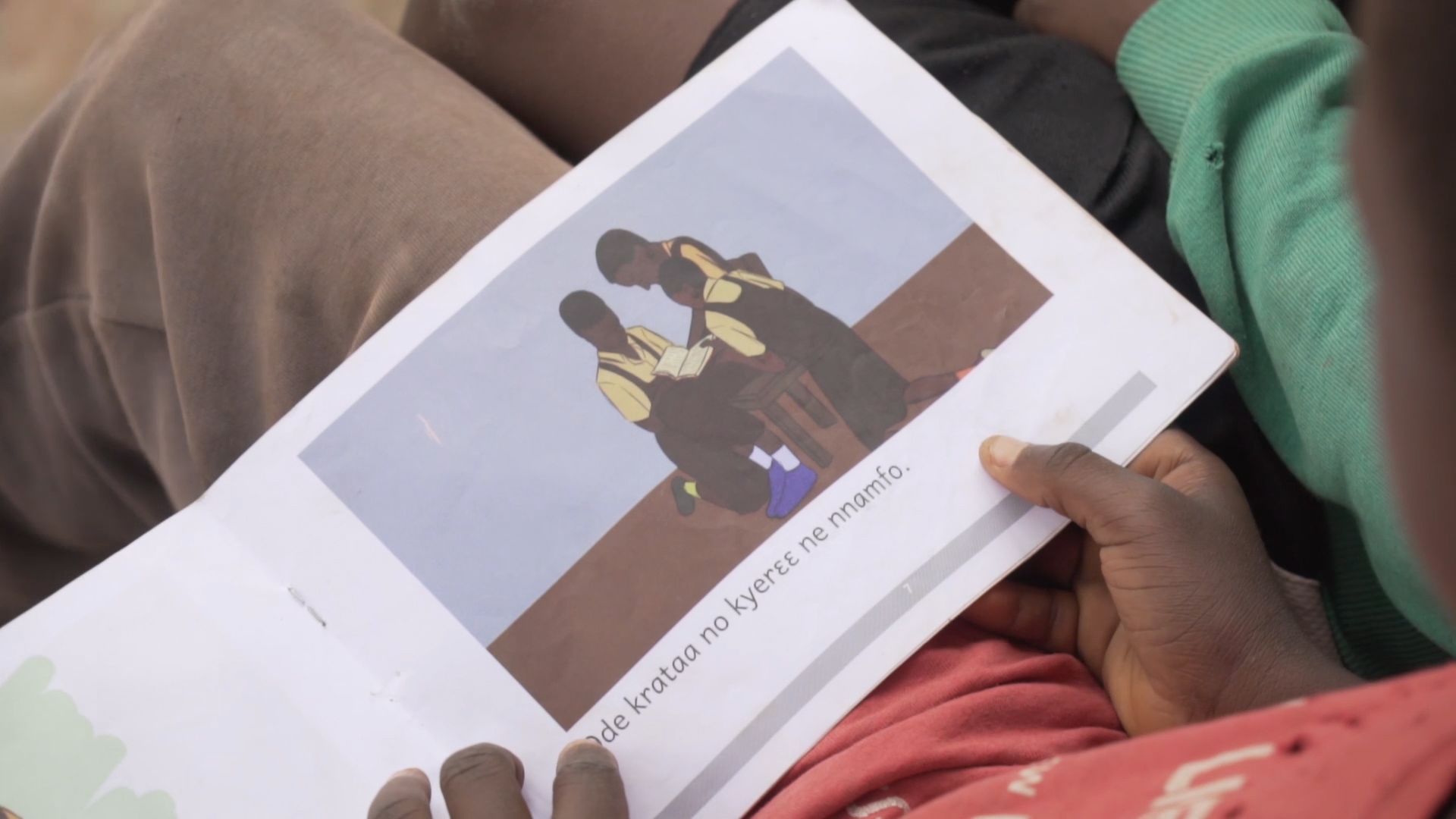
Impact on health
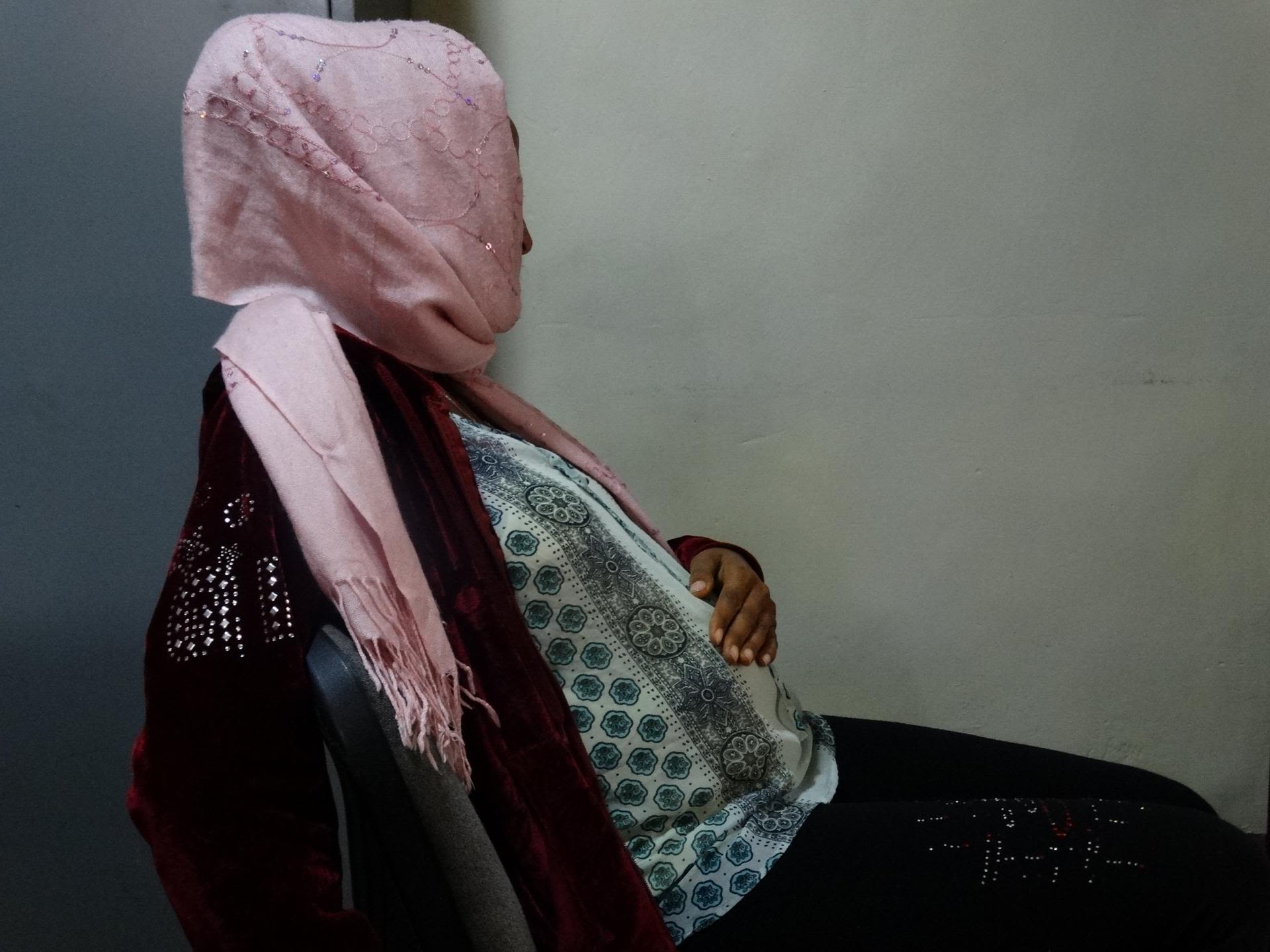
The girls the young researchers in Sierra Leone spoke to reported poor health as a result of their pregnancies, and young researchers in Ethiopia described the physical and emotional impacts of early pregnancy:
“The girl might suffer from fistula - a condition in which an abnormal opening occurs that connects the vagina to another organ, such as a bladder, colon or rectum. In addition, a girl might lose her life during childbirth due to her immature physical development. The emotional impact includes a girl experiencing psychological problems if she did not get the appropriate support during this period. A girl might lose self-confidence and self-esteem, continually blame herself, and develop hatred towards herself and in extreme circumstances commit suicide."
One young mother (and researcher) in CAR said, “I am aware that early pregnancy can lead to difficult deliveries, surgery, post-partum infections, even miscarriages, maternal deaths, etc. These girls are closer to death than giving life and staying alive, because they are too young for that [pregnancy].” Melicia, 17.
It is also likely that girls lacking familial support or who are living in the poorest communities receive far from adequate pre- and postnatal care, resulting in higher rates of complications.
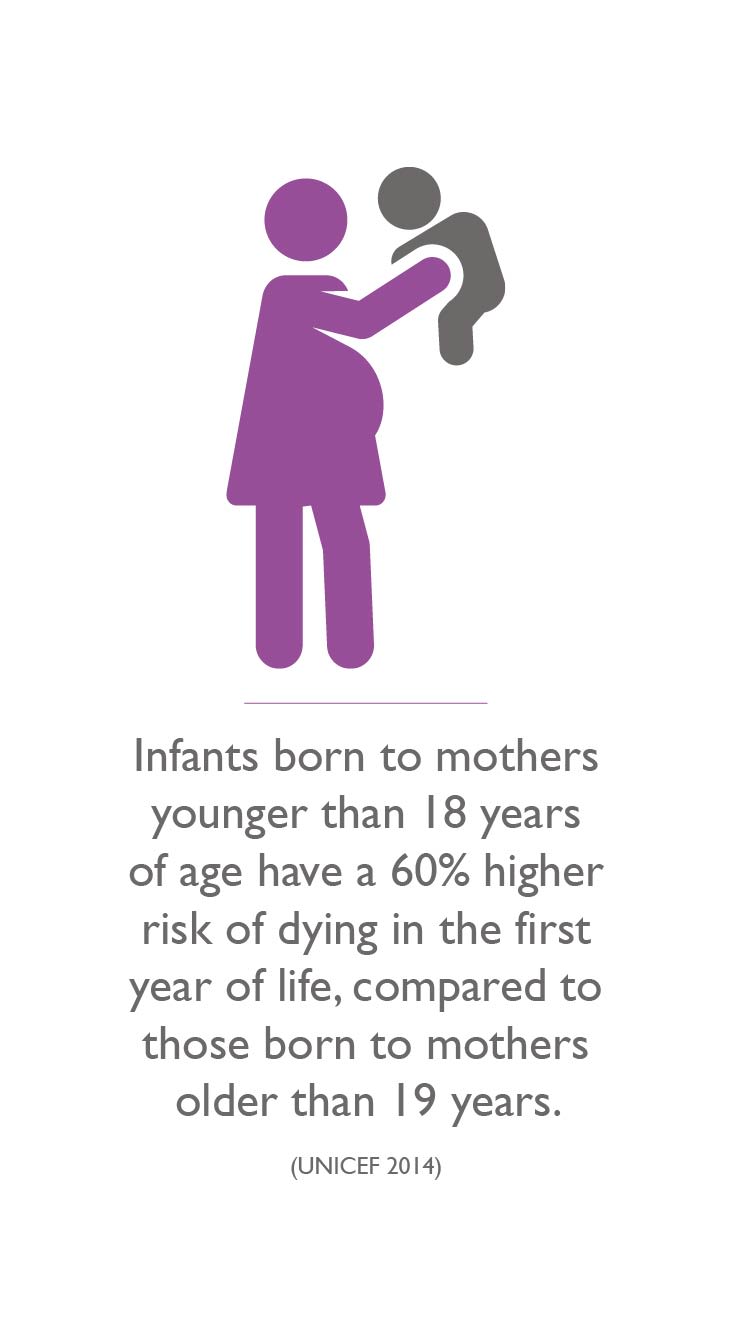
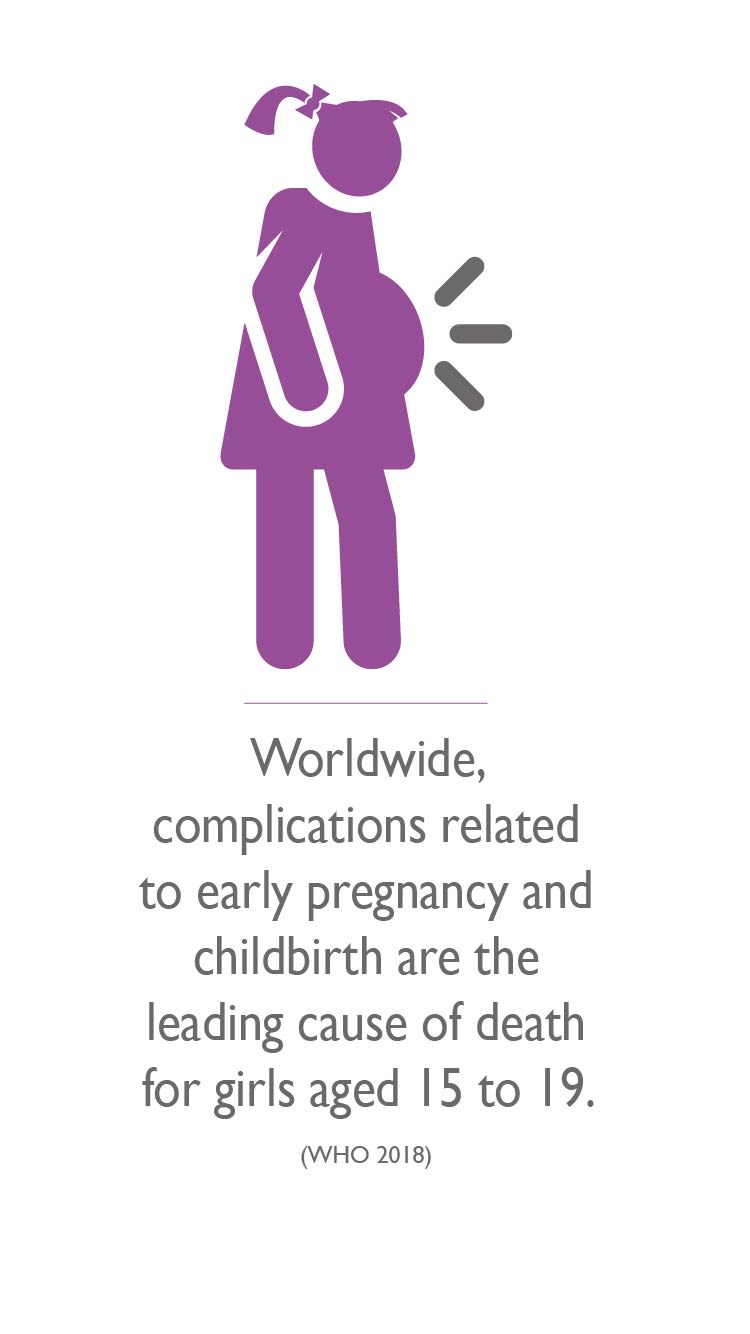
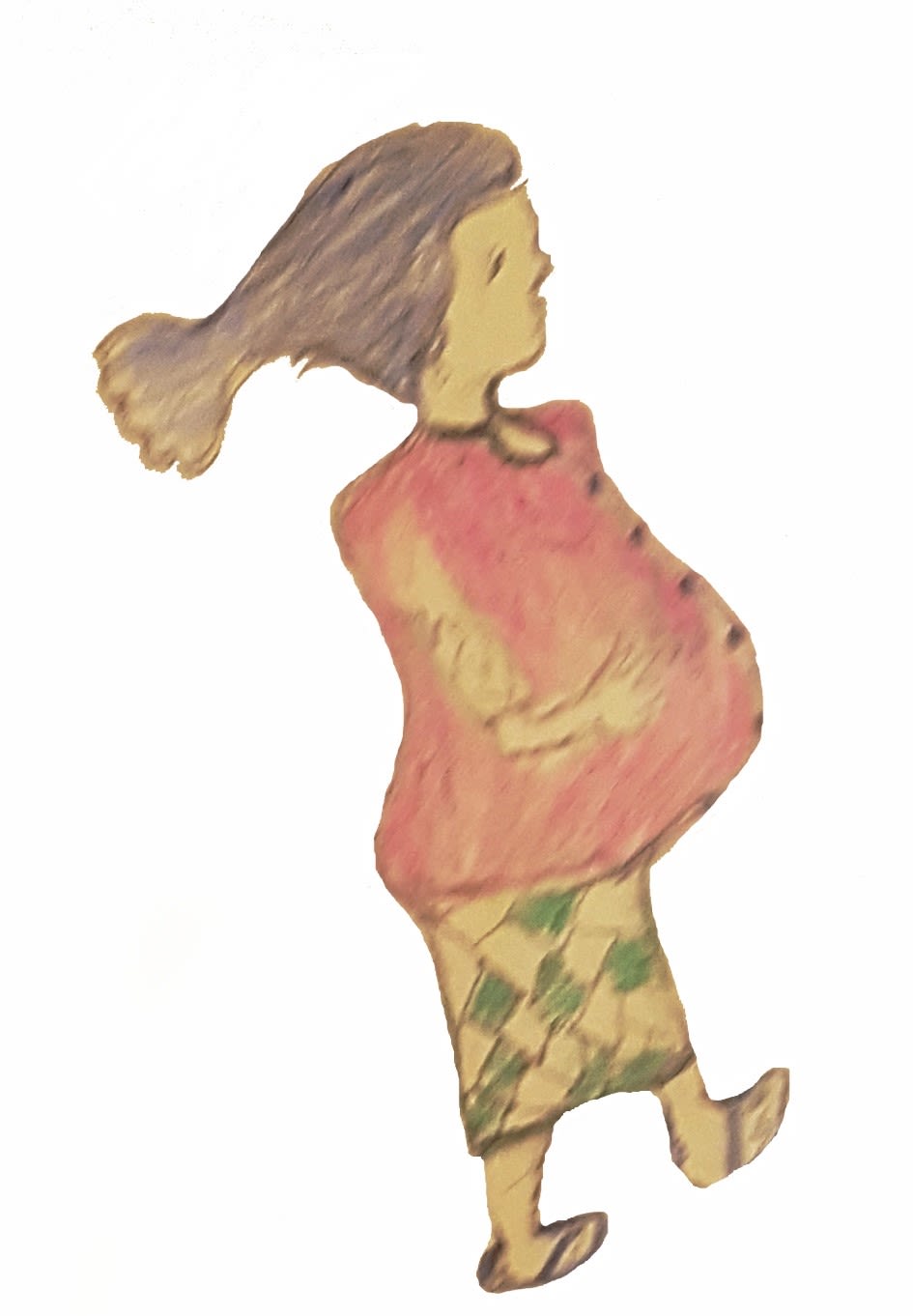
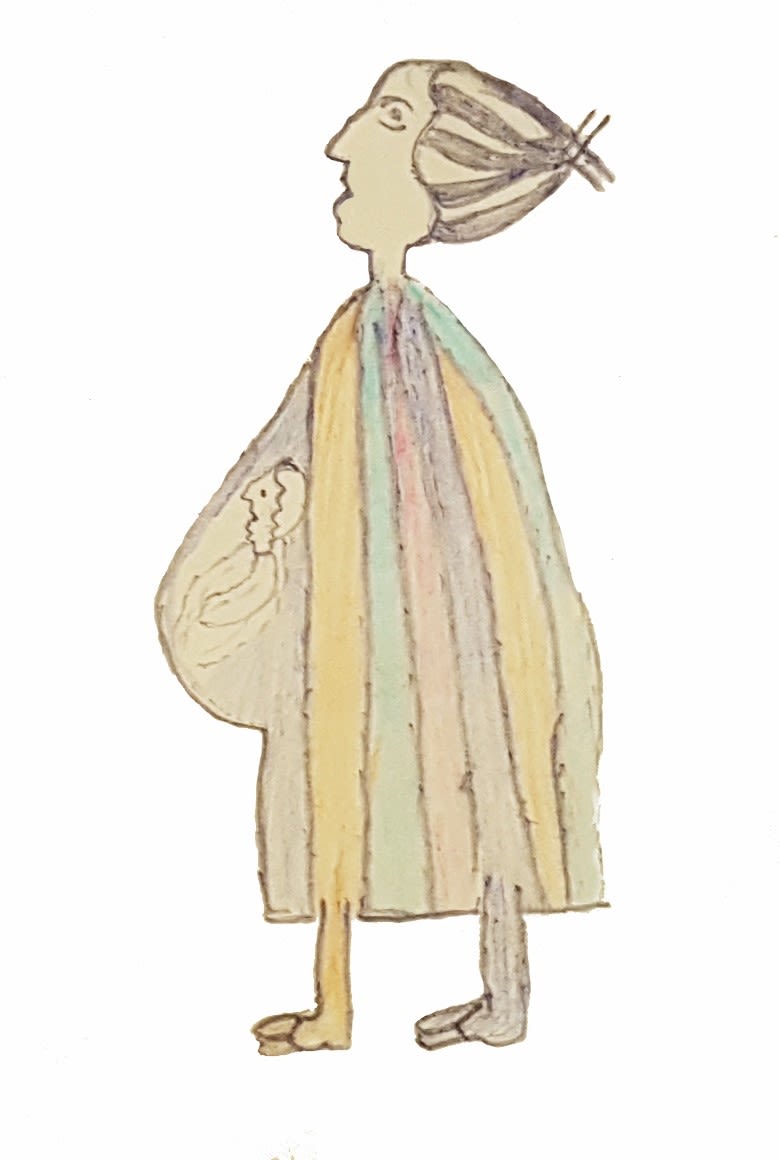
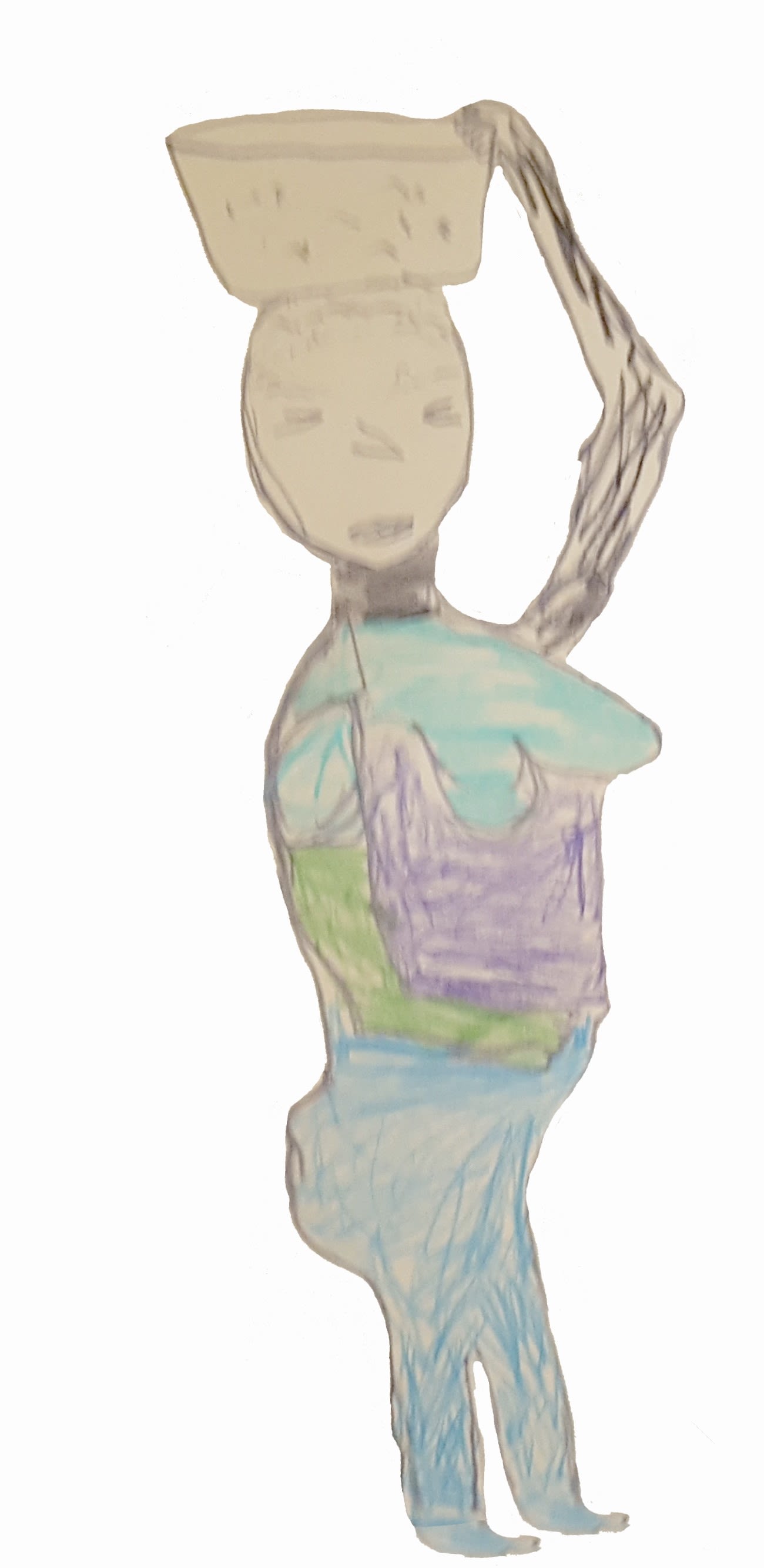
Children’s calls for change
There was consensus amongst almost all of the young researchers that there must be an end to impunity for sexual abuse and the law must act to protect girls.
The children in Ghana acknowledged the work they have been able to achieve by suggesting “child protection committees should be formed in all communities.” In multiple countries, children also spoke about the need for existing laws, such as those to punish perpetrators of rape, for instance, be enforced.
In general, across all seven countries, children were asking for five main things:
- Prohibit sexual violence against children. Enforce laws to end impunity for perpetrators of sexual abuse and protect and assist victims of abuse.
- Help establish strong re-entry policies and eliminate school fees so that young mothers are able to continue their education.
- Increase access to sexual health education and contraception.
- Prevent sexual abuse of children by making schools safe and empowering parents to care for their children. Work with parents to increase livelihood opportunities so that they are better able to support their children.
- Change harmful attitudes, beliefs and social norms that condone sexual violence against children through mobilisation of families, religious leaders and communities.
World Vision stands with these girls and their peers every day, working to empower them to stand up for their rights, strengthen child protection and reporting mechanisms in communities and increasing parents' incomes so they can feed their children and send them to school.
Our global campaign, It takes a world to end violence against children, is working to change the laws and practices that allow violence against children, including sexual abuse and child marriage, to persist. In Ethiopia in the past year we have stopped 369 child marriages, and in 2018 in Ghana we worked with the Ministry of Education to develop new official guidance that ensures that young mothers are able to continue their schooling. Staff members in over 70 countries around the world are actively working with communities and local governments to create change for children.
You can join the movement to help protect girls and give them a future free from fear today. Right now our offices are asking supporters to mark International Day of the Girl in October by helping 1000 girls reach their limitless potential. When you sponsor a girl, you can give her the chance to live free of fear.


